The policymakers need to change their mindset. At present, they have buried themselves under a load of their own decisions following the incidence of this pandemic. They are like the proverbial ostriches - owning up the errors leads to loss of face and might affect their political career in the future. One also wonders whether they are surrounded by chicken-livered advisors and civil servants who have all the power but no need to work! They need not be as brash as the US president but they have to come out of the shell and take bold steps.
The Maharashtra CM has vowed that his government will stop the next wave of the virus. Big words, noble intentions! The poor fellow does not understand that it is not within his capacity. The talk of step-by-step easing is also meaningless: people have seen that the lockdown did not produce the expected miracle.
We have suffered the risk of total control and confinement. Now we must be ready to face the risk in the withdrawal of restrictions. The walk, especially after the inaction of the last six months, is not going to be easy. But there is no way out. As we open up, the numbers of patients will grow and at times will test our courage. In fact, it is already happening. The reorganization of the economy and infrastructure will pose problems of a different nature. But we should not falter now. We need to make haste despite some waste! If the policymakers lack the mettle to take bold decisions, we must reassure them - we have put them where they are!
There are two questions we need to ask ourselves after the ennui of the last six months. Firstly, we need to ask whether the desperation for survival undermined our democracy. Secondly, we must ask whether that desperation also did unseen damage to our culture of which our democracy is an organic part. We are the world’s largest democracy and also the most ancient civilization. As such, we must ponder these issues, though arguably survival comes first.
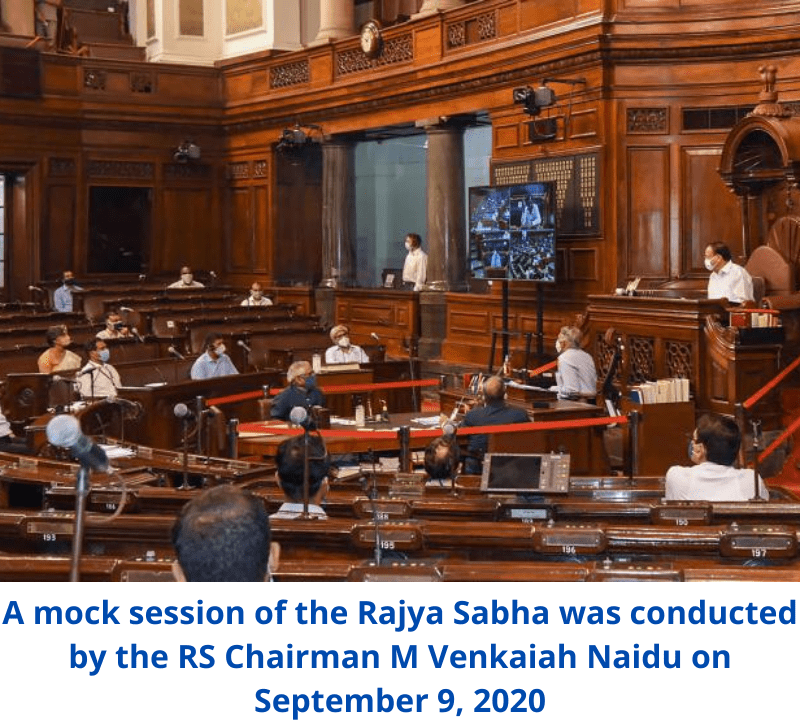 The lockdown also locked down democratic institutions and processes: all houses of people’s representatives stopped meeting. Starting from March 22, only the Prime Minister talked to the nation. In good faith, people took him for his words - stayed home, clapped, beat thalis and lit/put out lamps, etc. Emboldened by this enthusiasm to put their future in his hands, Modi went from strength to strength till migrant labor started walking home in scorching heat and tragedy struck. Even then, nobody questioned the wisdom of policy and the blame was put on the railway ministry for inefficiency. Similar things had happened under Stalin’s Socialist railway - open the Gulag Archipelago if you disbelieve.
The lockdown also locked down democratic institutions and processes: all houses of people’s representatives stopped meeting. Starting from March 22, only the Prime Minister talked to the nation. In good faith, people took him for his words - stayed home, clapped, beat thalis and lit/put out lamps, etc. Emboldened by this enthusiasm to put their future in his hands, Modi went from strength to strength till migrant labor started walking home in scorching heat and tragedy struck. Even then, nobody questioned the wisdom of policy and the blame was put on the railway ministry for inefficiency. Similar things had happened under Stalin’s Socialist railway - open the Gulag Archipelago if you disbelieve.
It was also forgotten that right from 2014, Modi has been addressing the nation directly (Man ki Baat) and does not care too much for discussion in parliament and cabinet. Decisions are taken by the PM and the cabinet only has to make it sound logical. It was ordinance after ordinance - like during the notebandi.
The print media, where some discussion would be possible, was shut down under the excuse that the virus spread by physical contact. TV was functioning, but needless to say, our TV is juvenile! All forums were forced to stop meeting. Social distancing resulted in a stoppage of socialization. The police ruled supreme but had to work around the clock - so did the health workers and safai karmacharis (sanitation workers). They were hailed as the army fighting the pandemic.
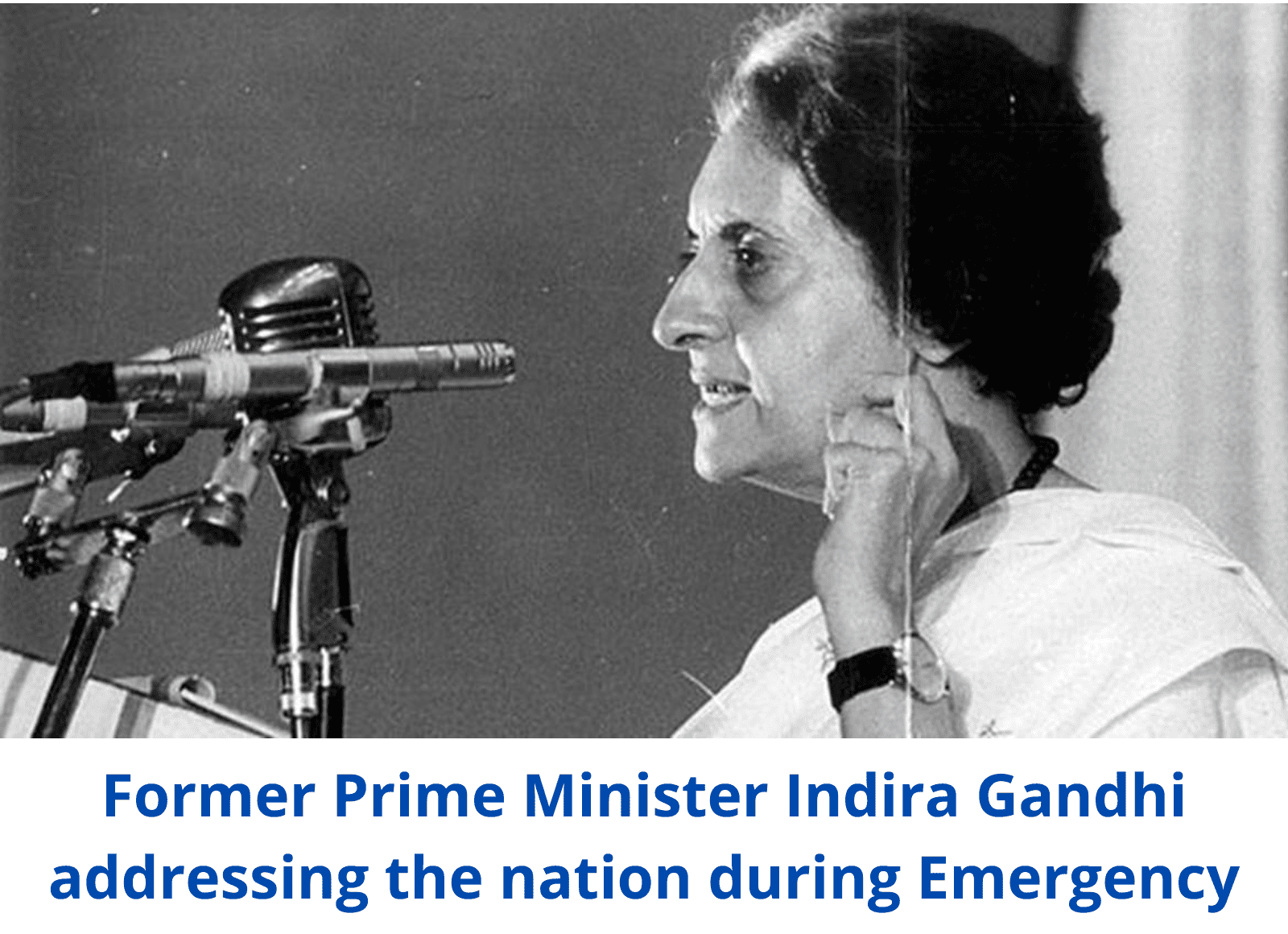 Those with a good memory will recall the infamous Emergency of 1975-77 when it was the then PM talking (!) directly to the nation and issuing ordinance after ordinance - minsters toeing the line without questions, police in full control. Only the print media fared differently. It was under censorship then; it is paralyzed now.
Those with a good memory will recall the infamous Emergency of 1975-77 when it was the then PM talking (!) directly to the nation and issuing ordinance after ordinance - minsters toeing the line without questions, police in full control. Only the print media fared differently. It was under censorship then; it is paralyzed now.
Online editions created a virtual reality - but just that! While Modi and Co. have been under fire since 2014 for creating Emergency like conditions in the country, they completely hijacked the State and usurped unprecedented powers in broad daylight, dubbing any opposition as attempts to break peoples’ morale!
Modi and Co. need to be reminded that even under that Emergency, Parliament was in session, and the usurpation of emergency powers was duly ratified after discussion and voting. Regardless of the democratic machinery very much in place, neither the present ruling party nor the opposition is uncomfortable with its complete stoppage. The debate is anathema to both. They want democracy only to hold elections and come to power. After that, they want to be answerable to none!
Mrs. Gandhi was hailed as Mother India; Modi made an all-out effort at Father India. Both failed, and we paid the price! But we too, are not good learners. In our hearts, we believe one day there will be a benevolent dictator who will relieve us of the struggle for existence. Be that as it may, we need to bring the democracy back on track, post-haste, just like the economy.
Culturally, we are passing through Orwell’s 1984 - there may be no repression, but there is a total suspension of culture. Only the TV in the evening can pretend weakly to satisfy cultural needs. But the same old patterns are on show there. Speeches, symposia, get-togethers, debates, conferences, seminars have lapsed into memory.
Theatres, for both plays and movies, have been unavailable. Music conferences and festivals, exhibitions of painting and sculpture have been lost for half of the year. God knows what is the situation in more robust pursuits like sports, trekking, cycling, etc. The hectic speed of life has suddenly reduced to a crawl. Online is the new fashion and those who have the facility, watch whatever from wherever they are. Advantages of doing things collectively, enjoying the ambiance and belonging, at least for some time, to a group of like-minded companions are allowed to pass by.
Agreeably, these issues are not urgent for survival but they are certainly crucial for the quality of life. Jaan hain to Jahan hain is fine, but what sort of Jahan are we looking forward to?
-Vinay Hardikar
vinay.freedom@gmail.com
(The writer has been working in the public sphere of Maharashtra for the last five decades. His versatile personality has several dimensions, but the primary ones remain to be that of an established writer, journalist, editor, critic, activist, and teacher.)
Part 1 of the article can be read here.
Tags: covid 19 coronavirus corona lockdown pandemic vinay hardikar political economy democracy governance administration culture cultural suspension Load More Tags

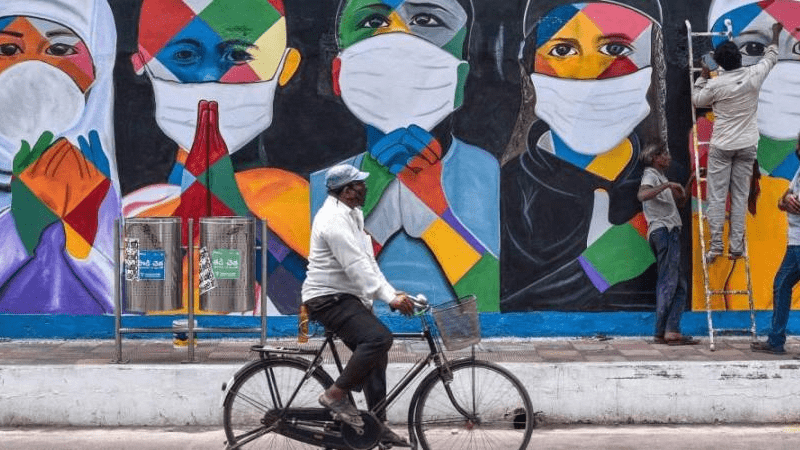
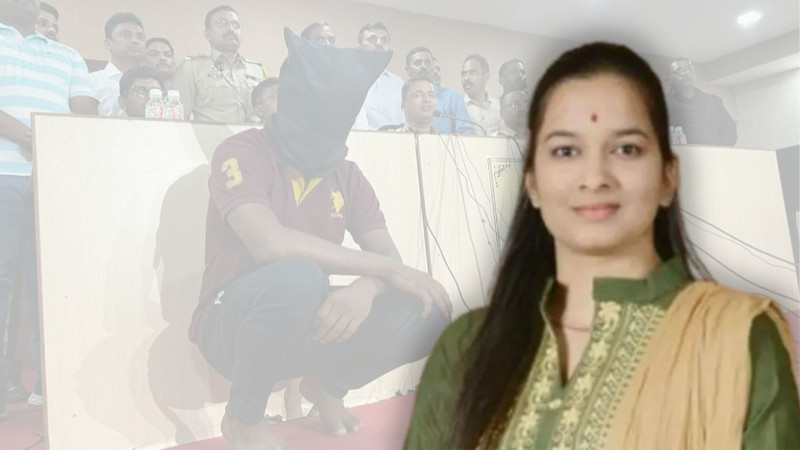
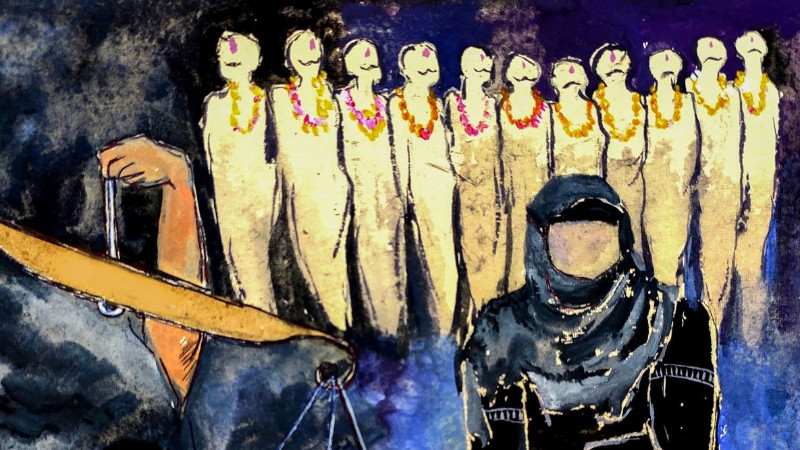
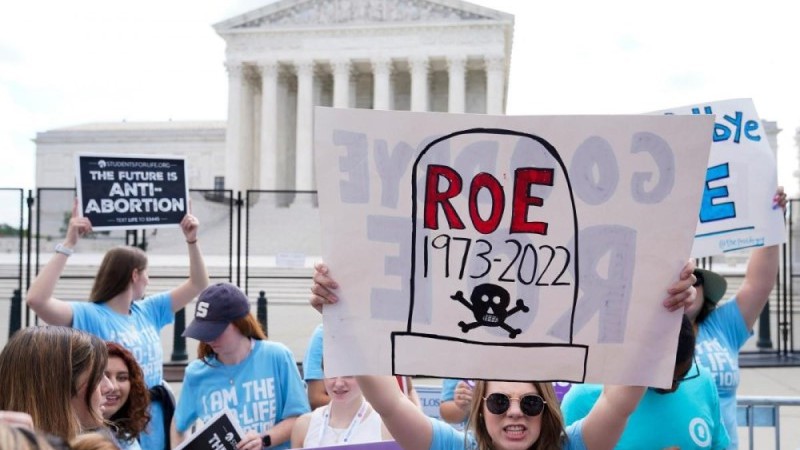
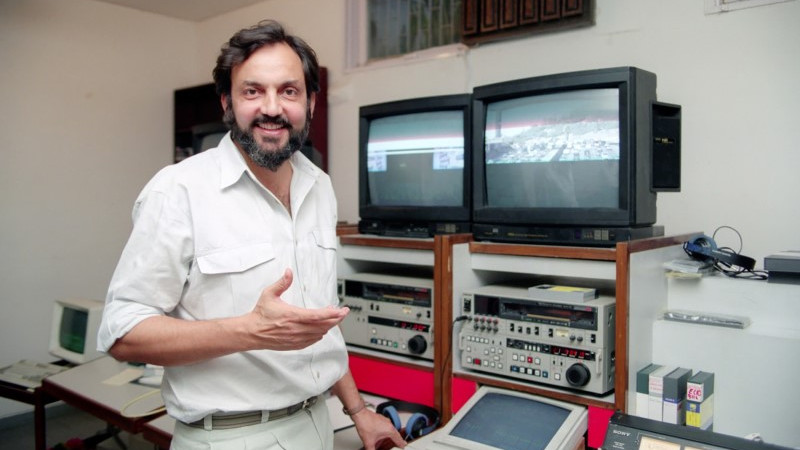
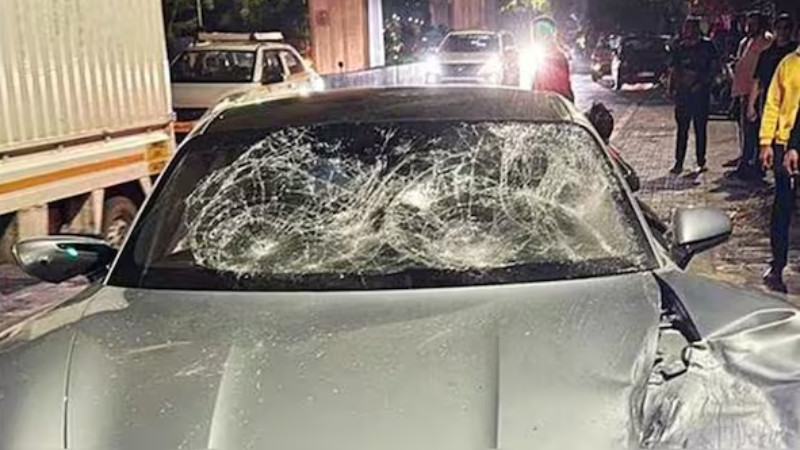
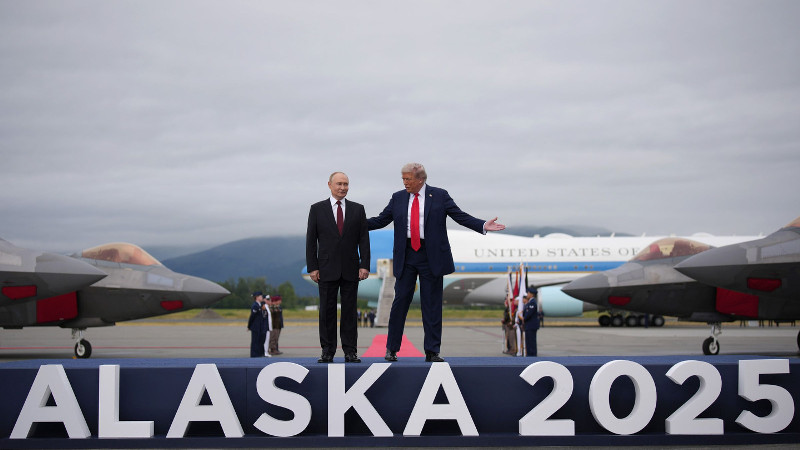
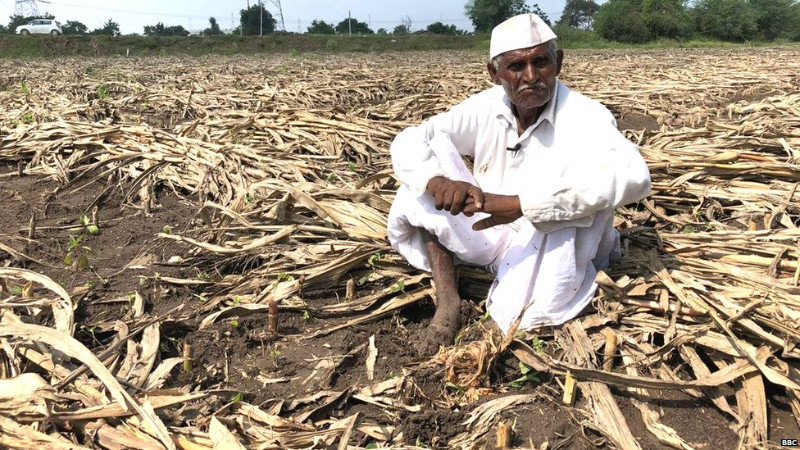
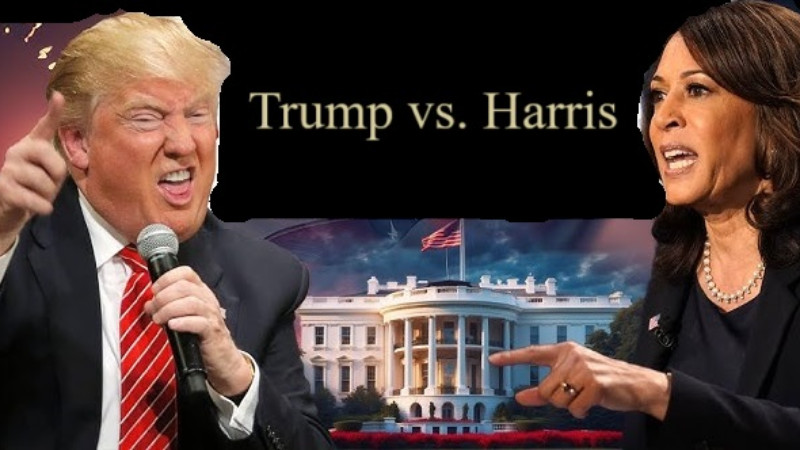
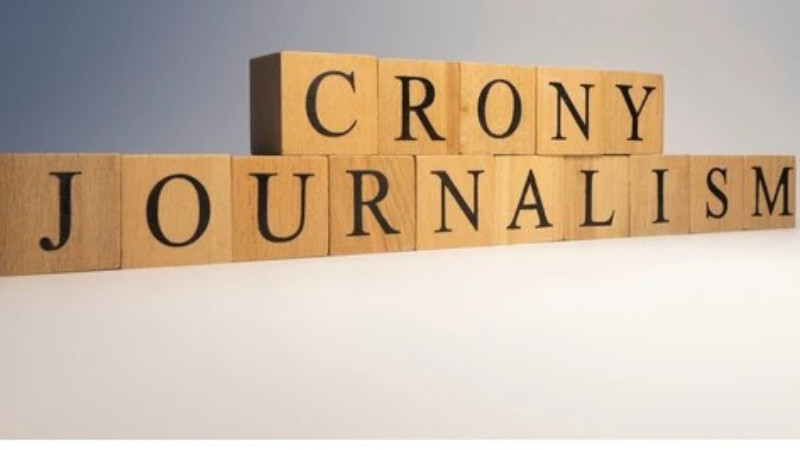
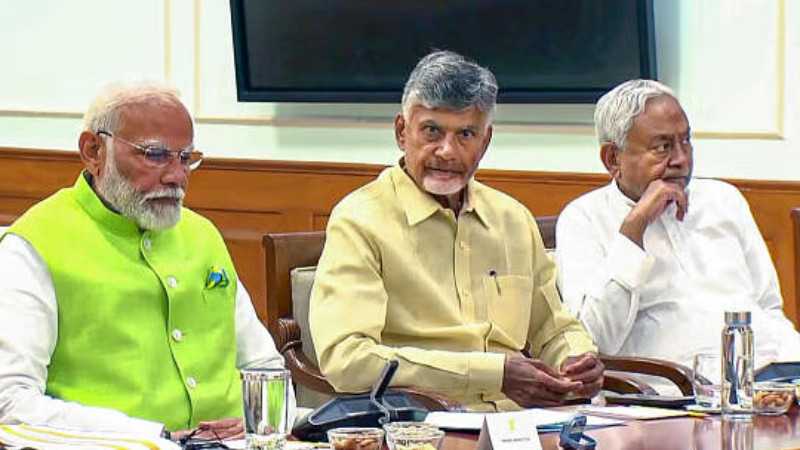
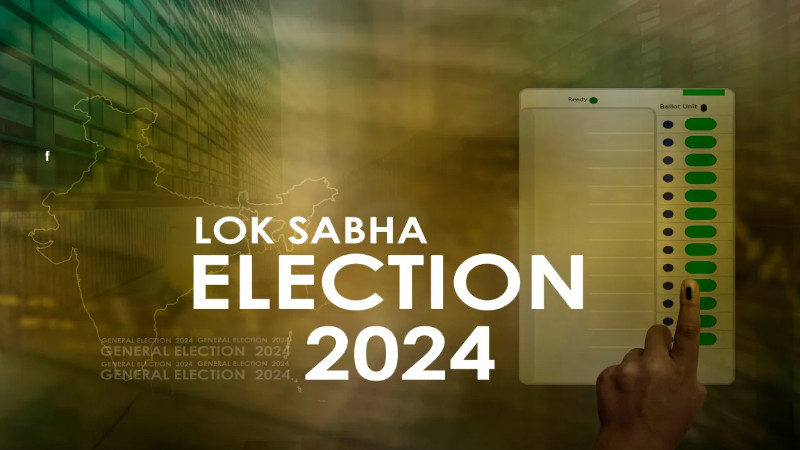
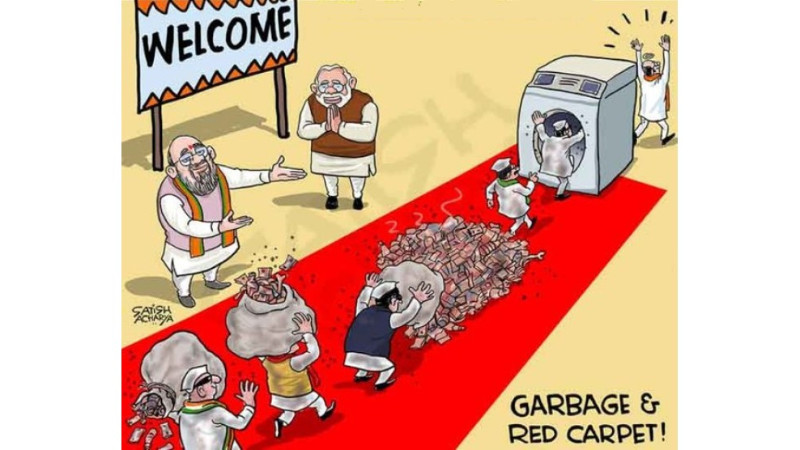
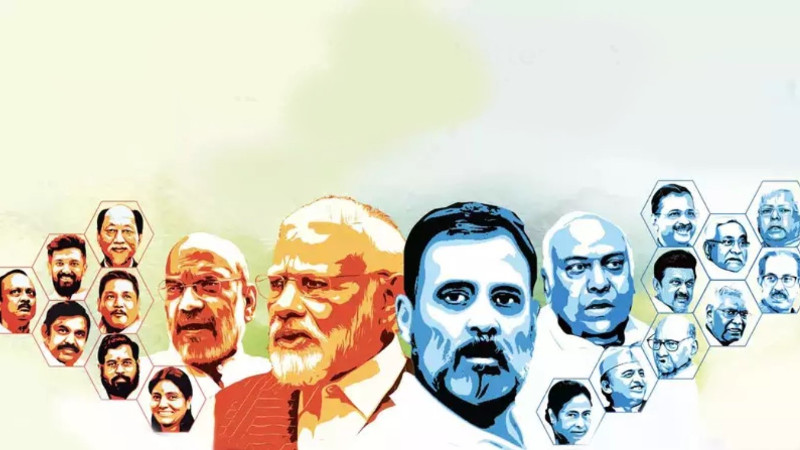
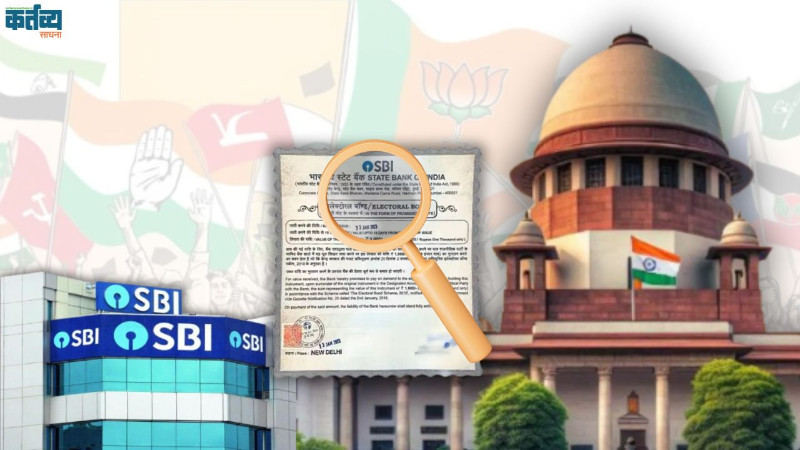
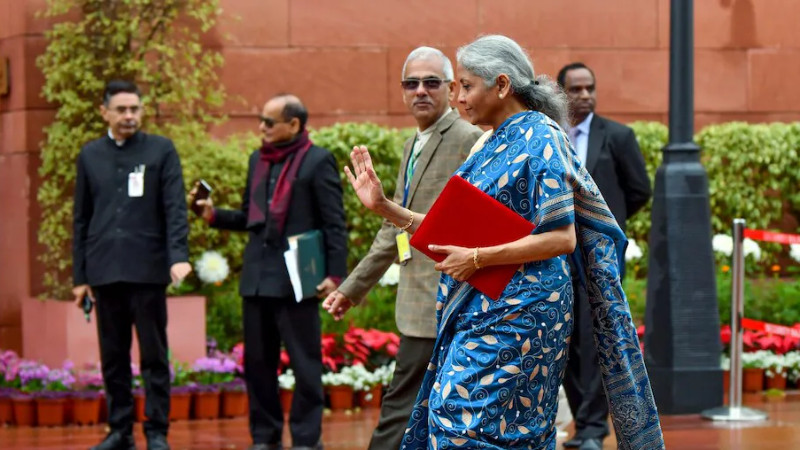
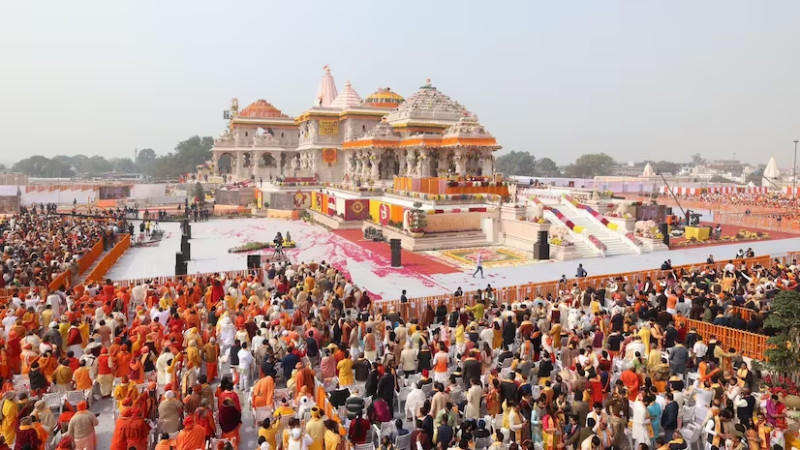
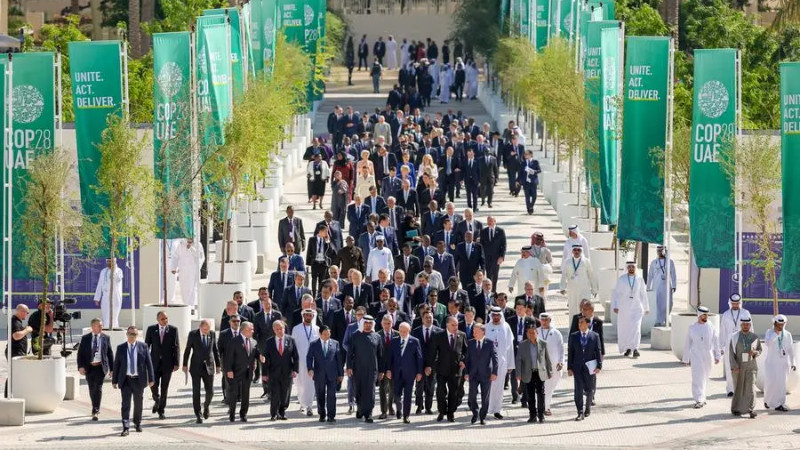
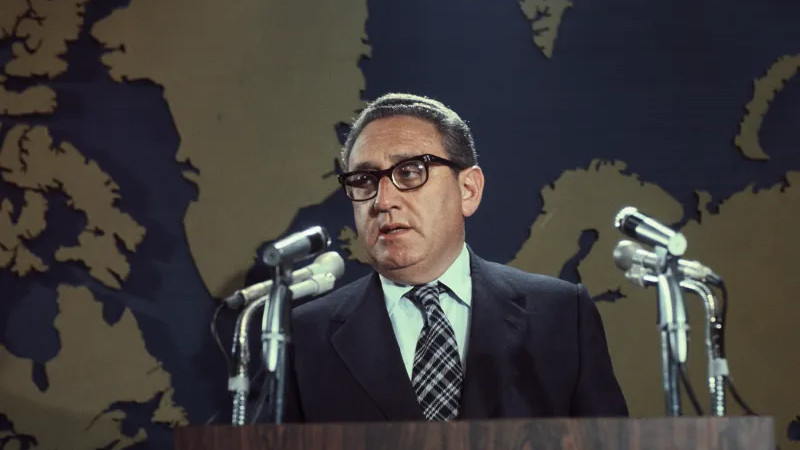
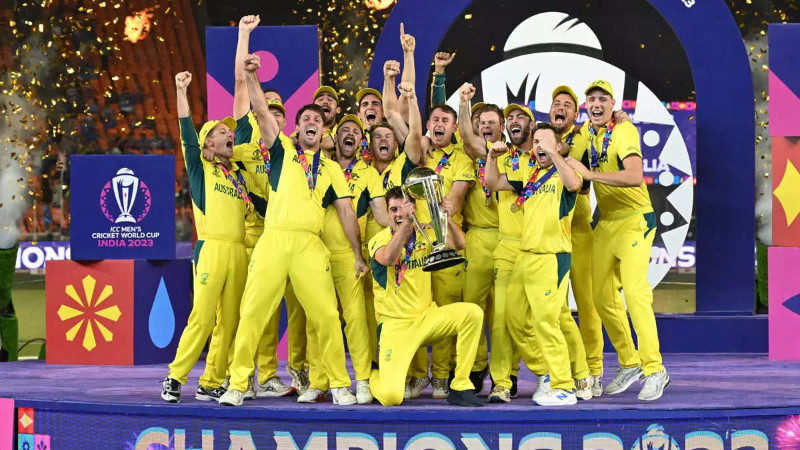
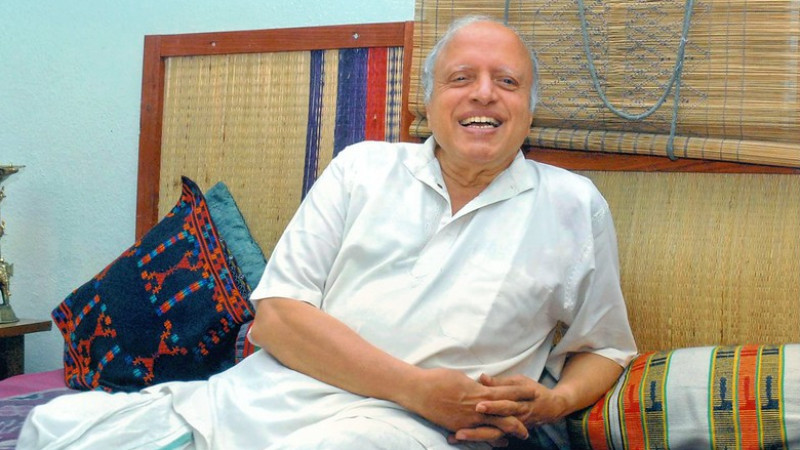
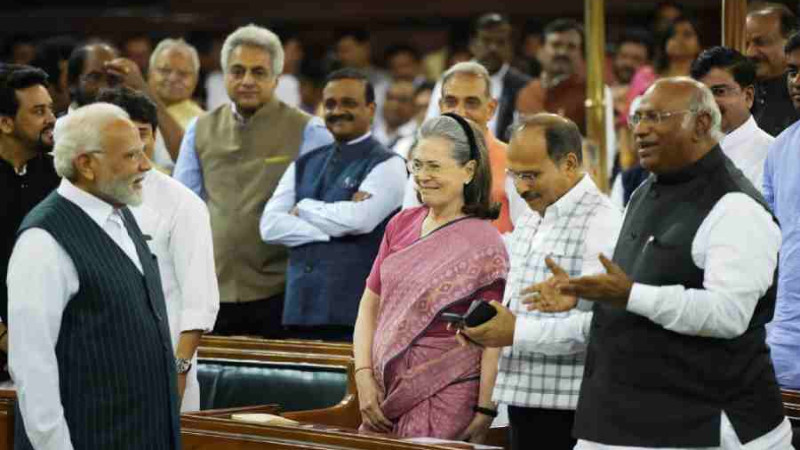
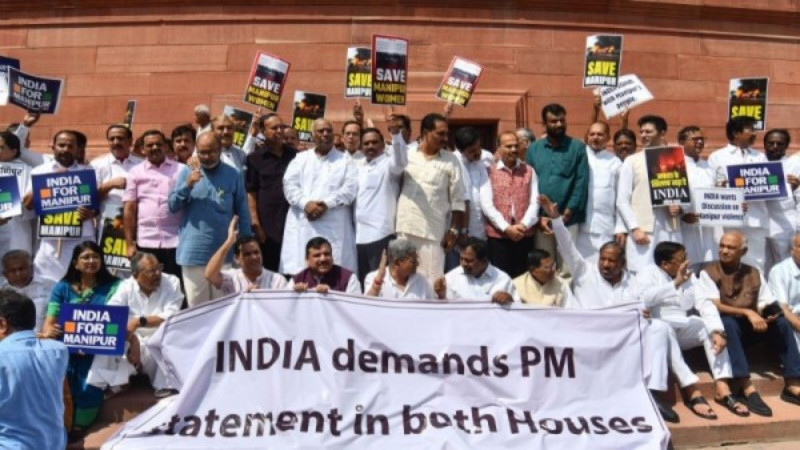
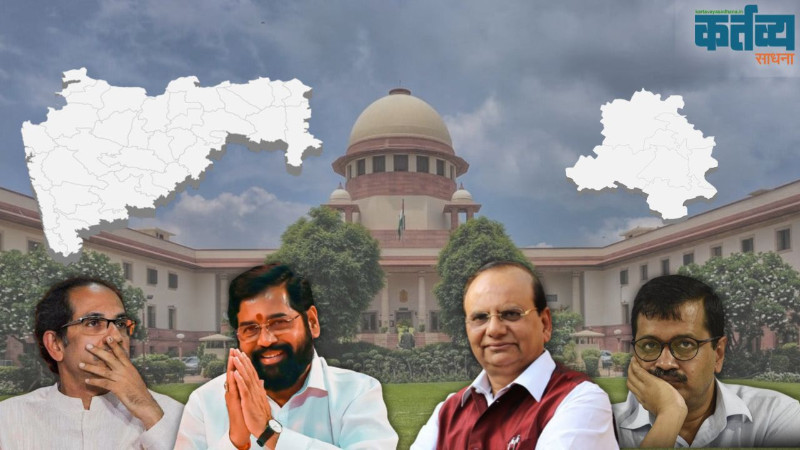
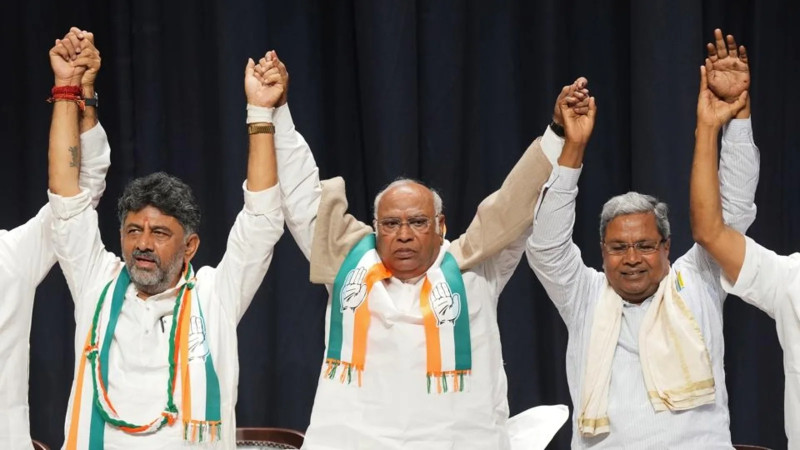
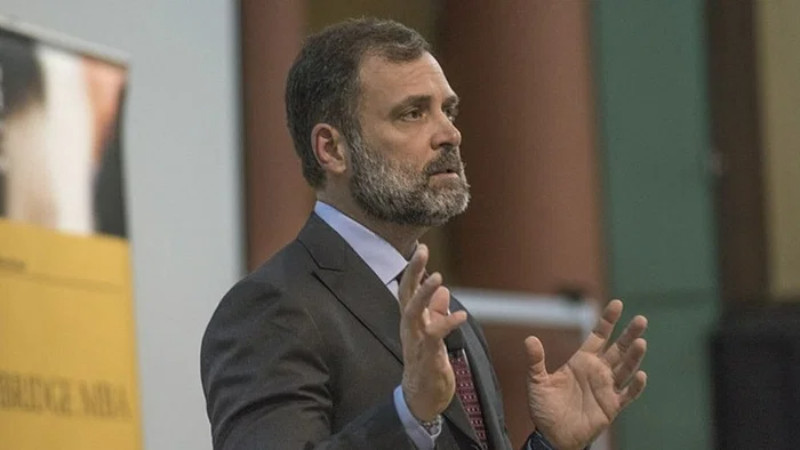
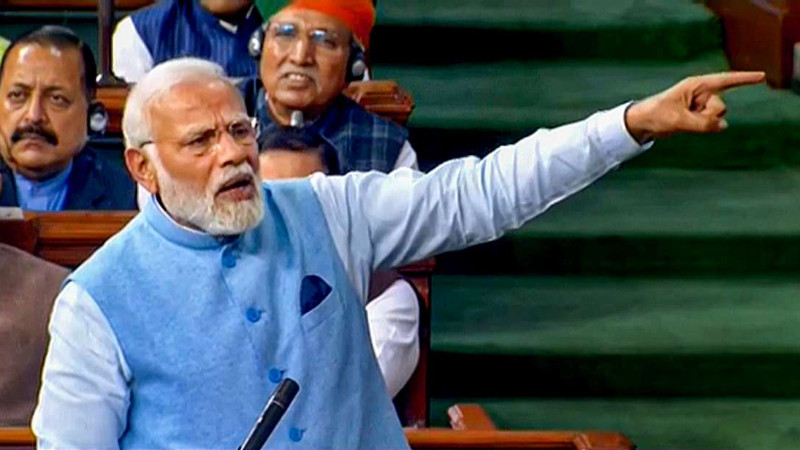
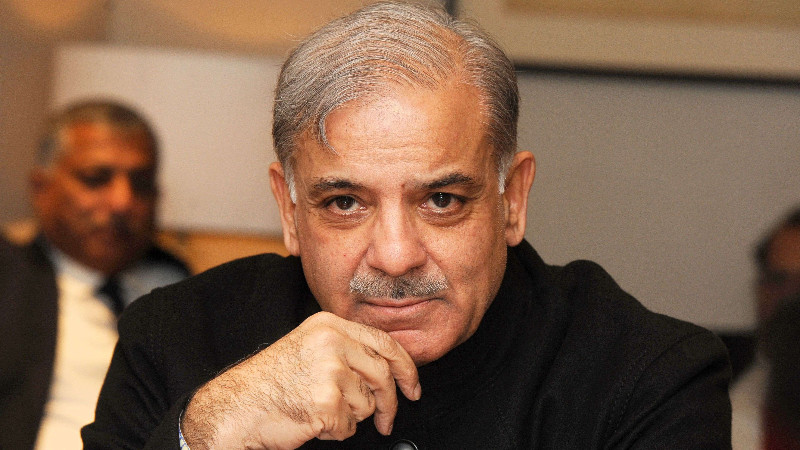
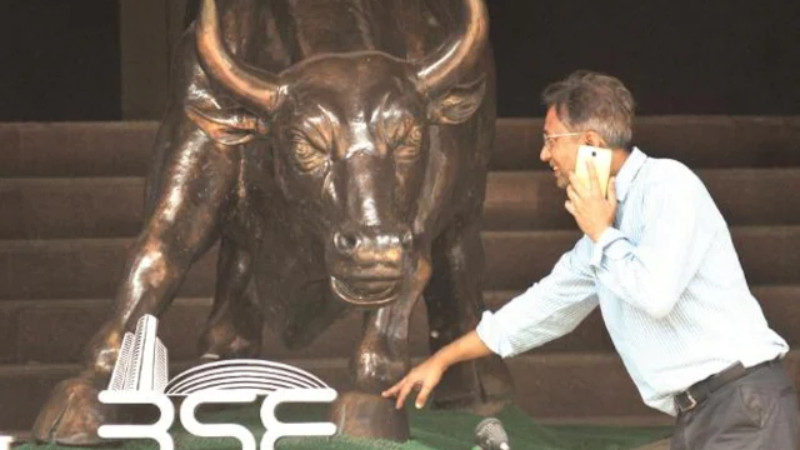

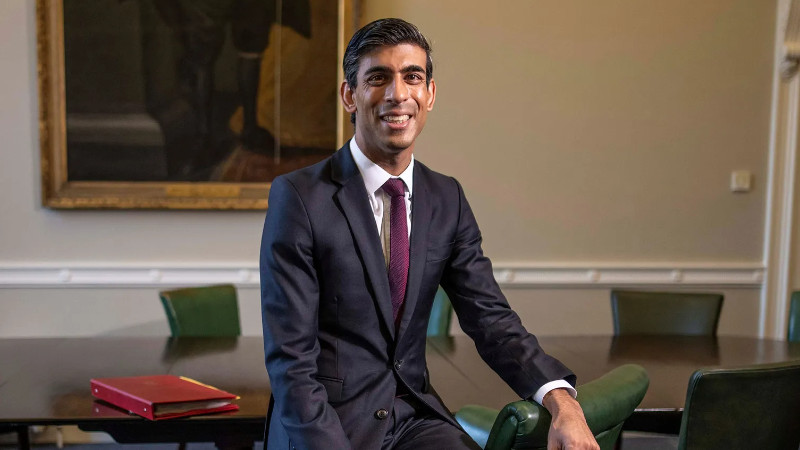
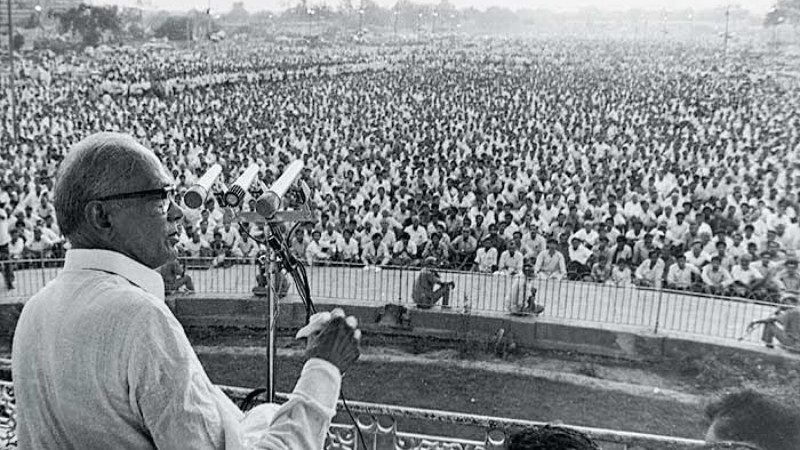
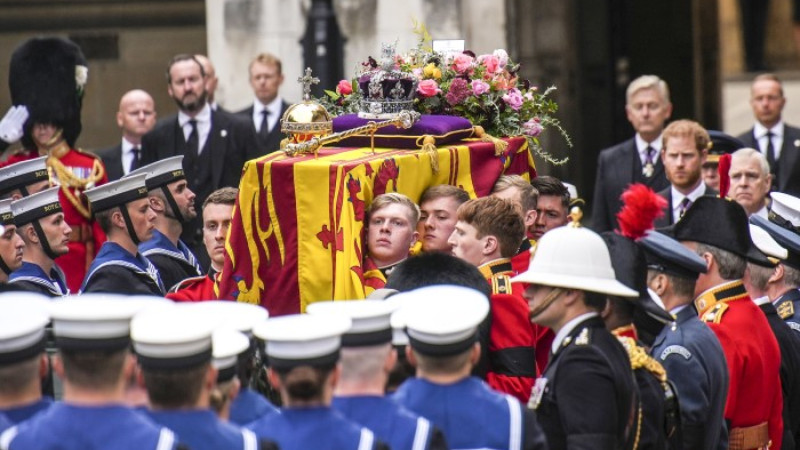
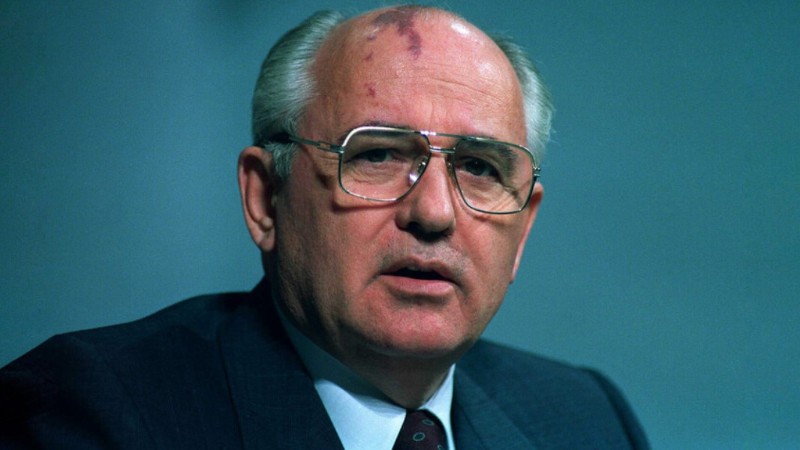
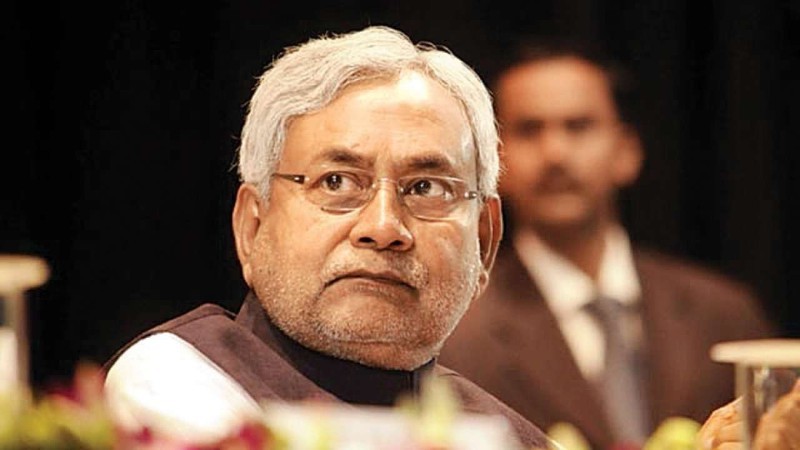
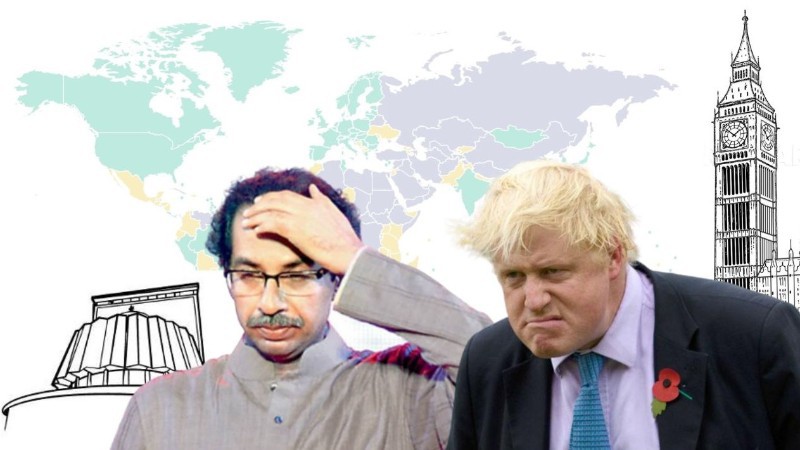
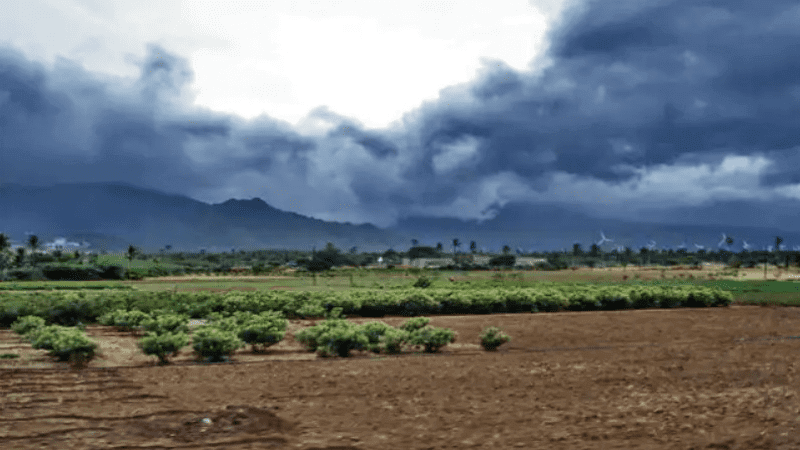
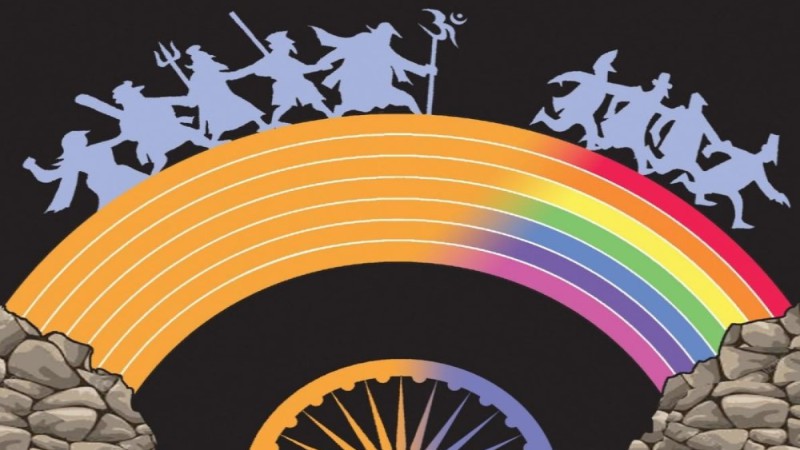
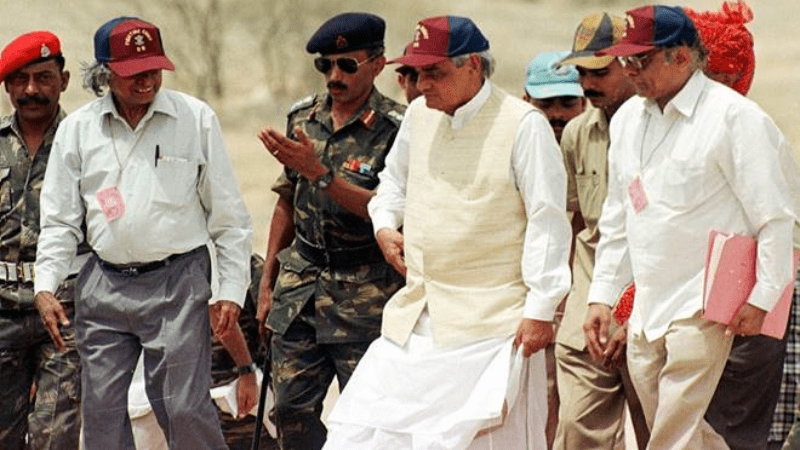
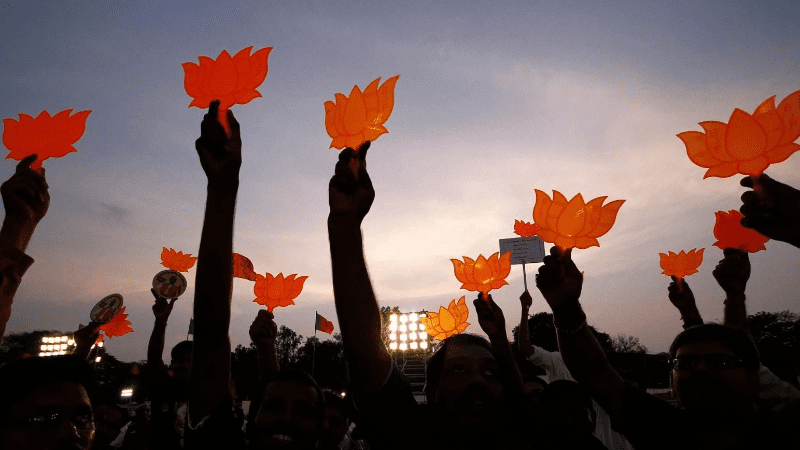
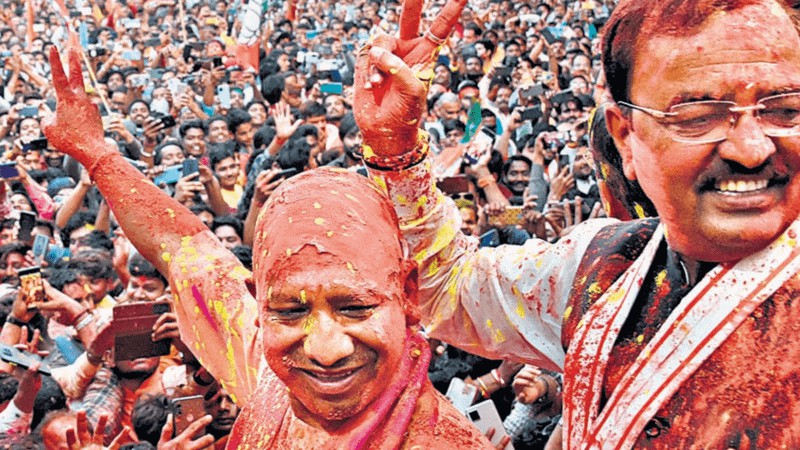
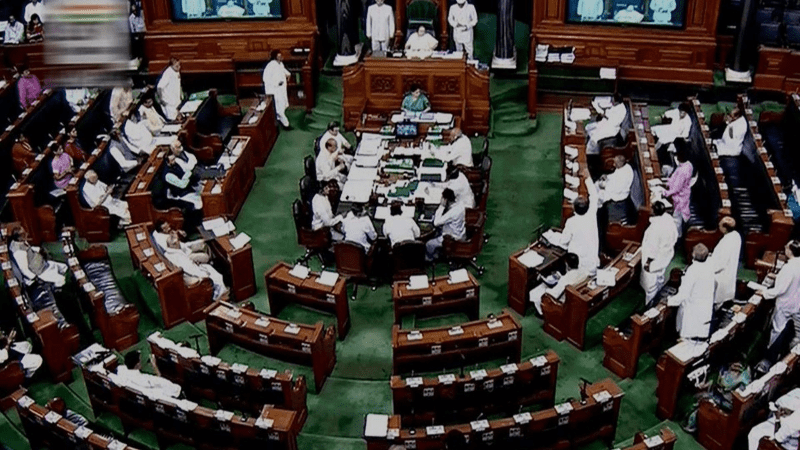
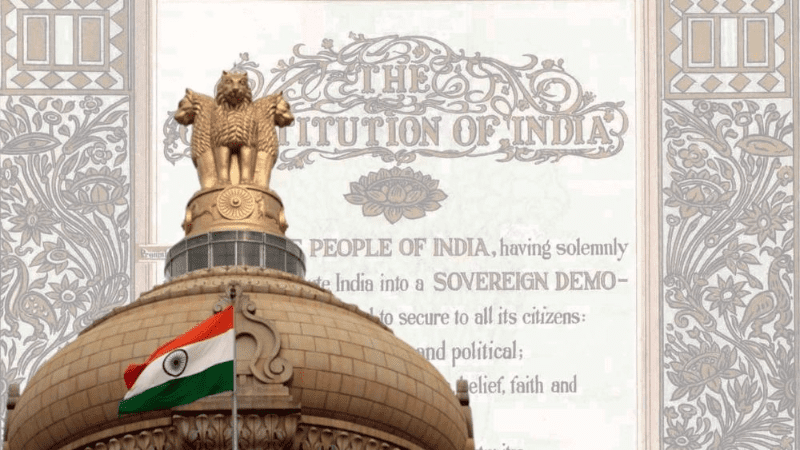
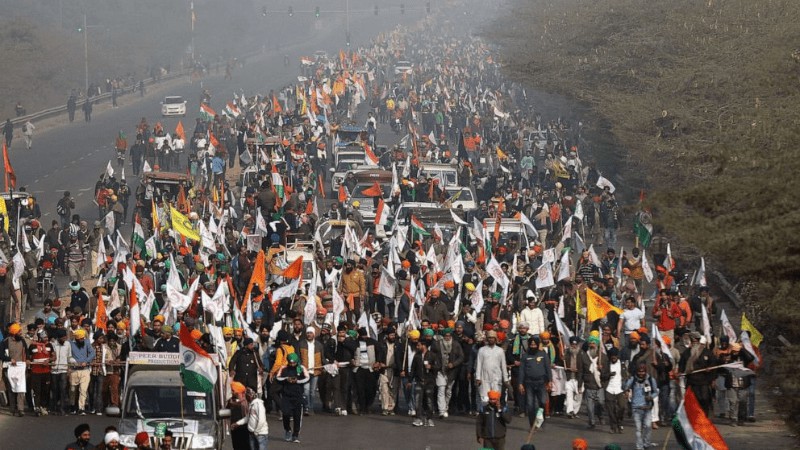
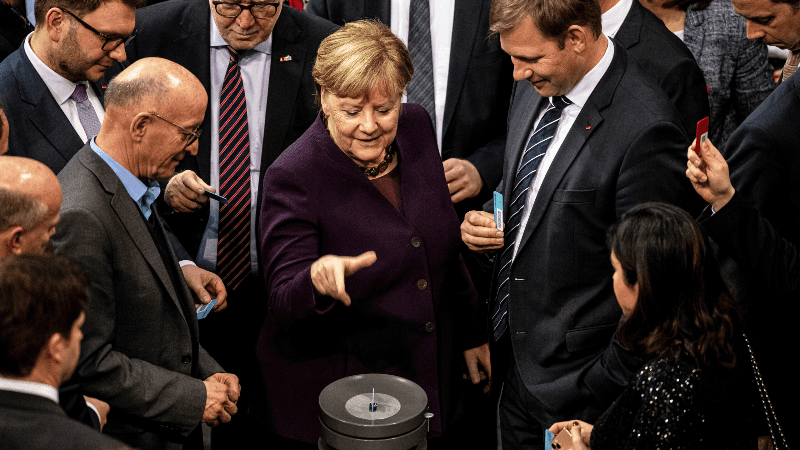
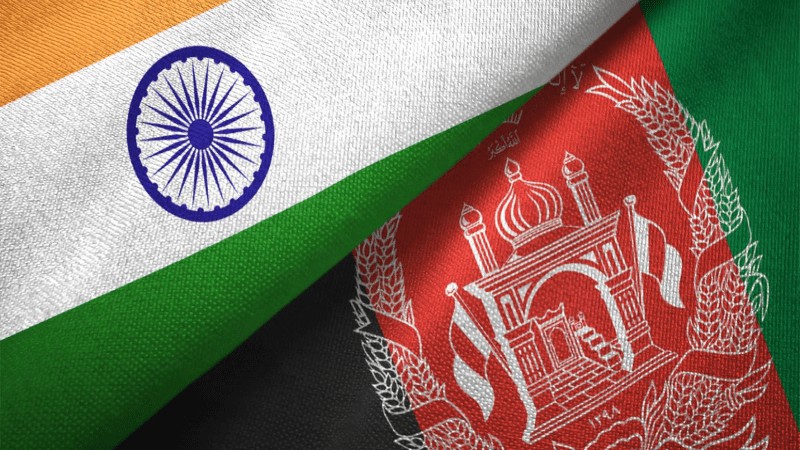
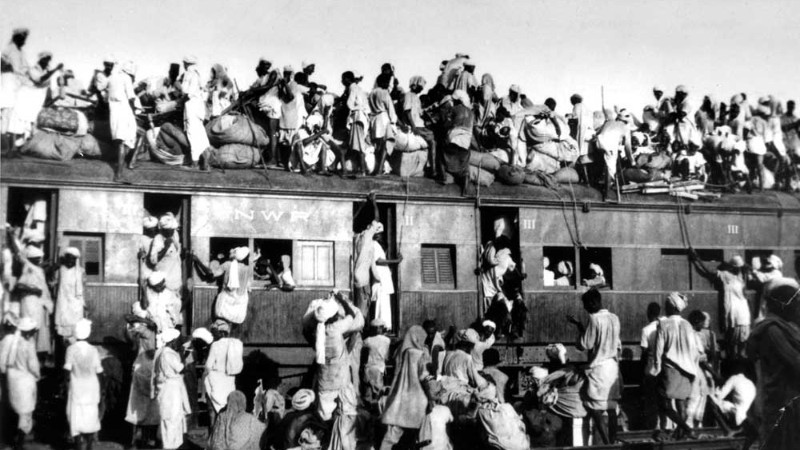
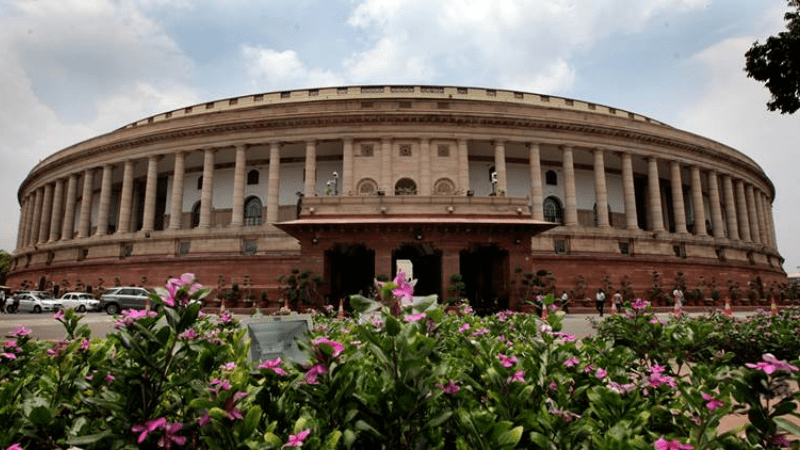
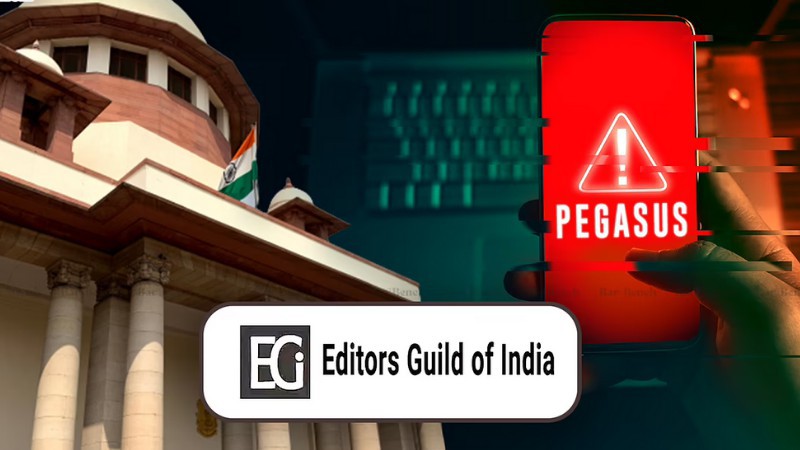
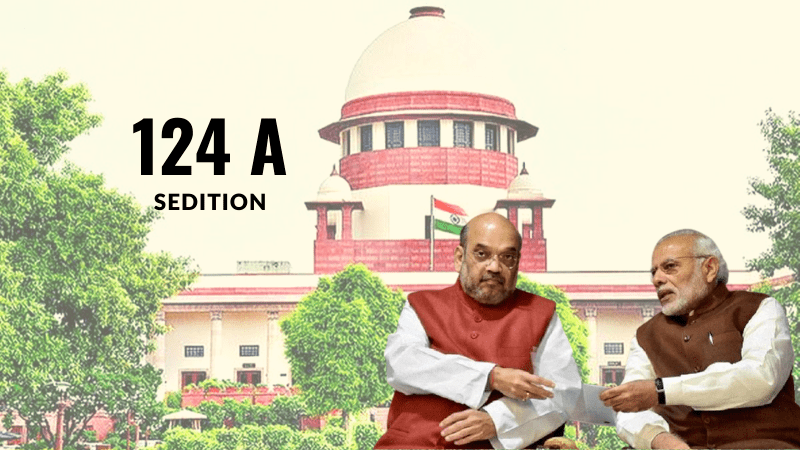
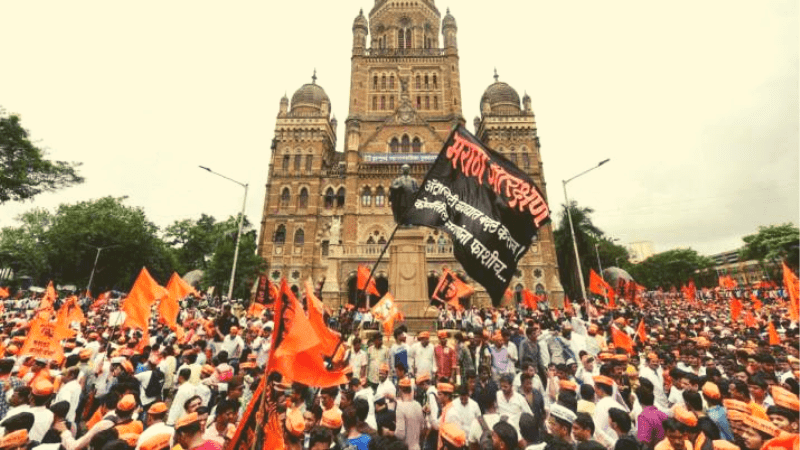
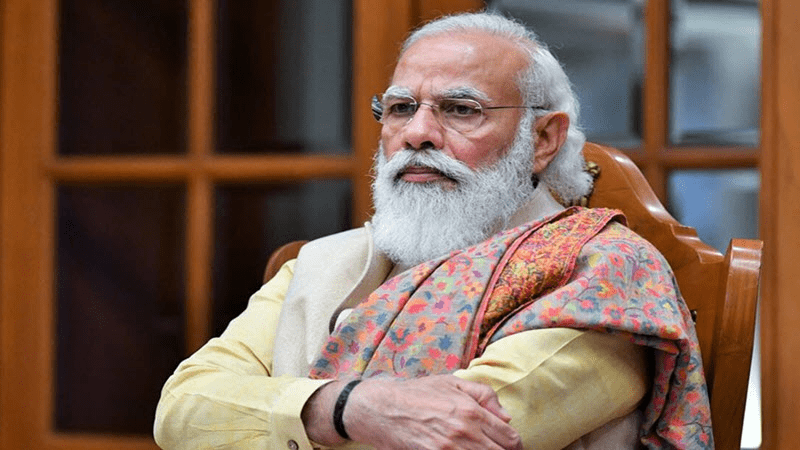
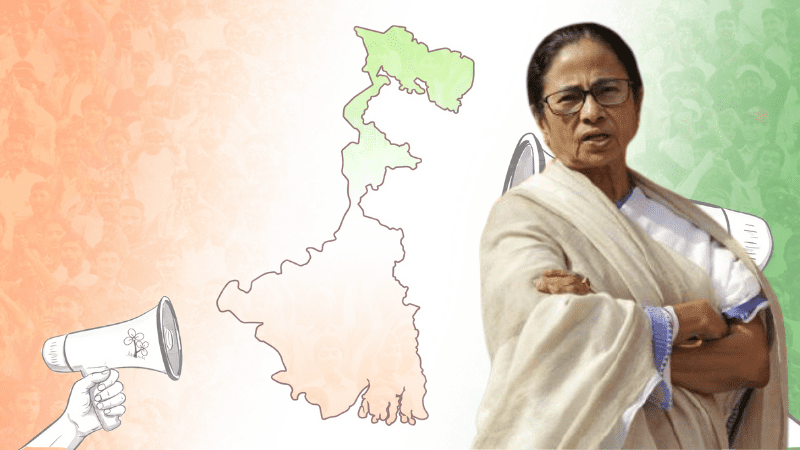
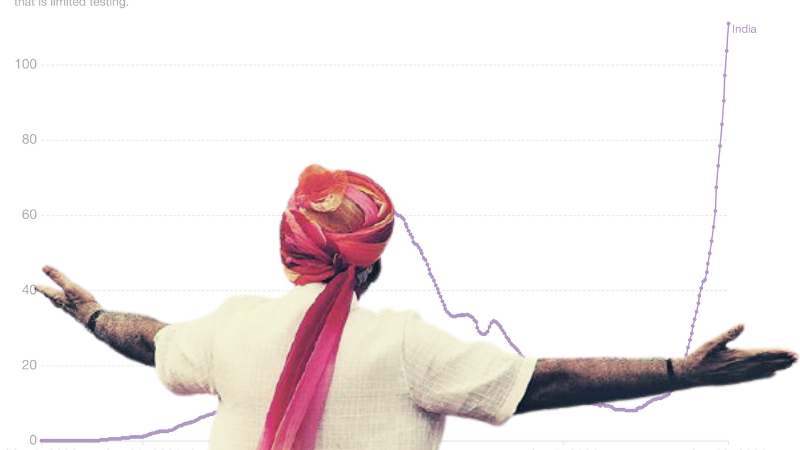
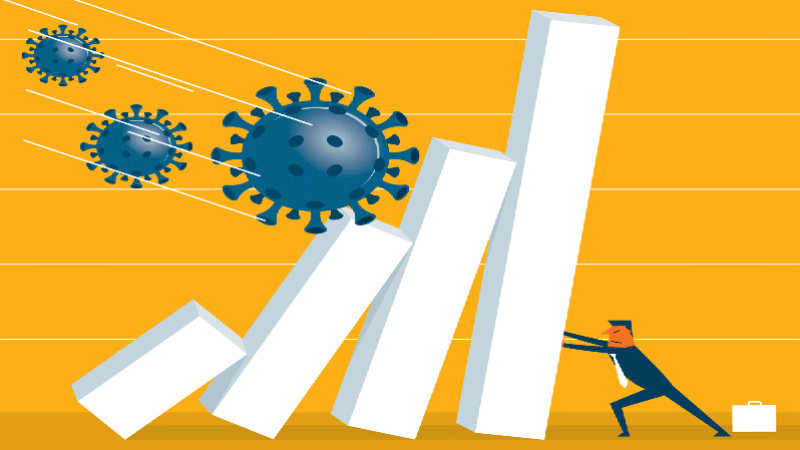
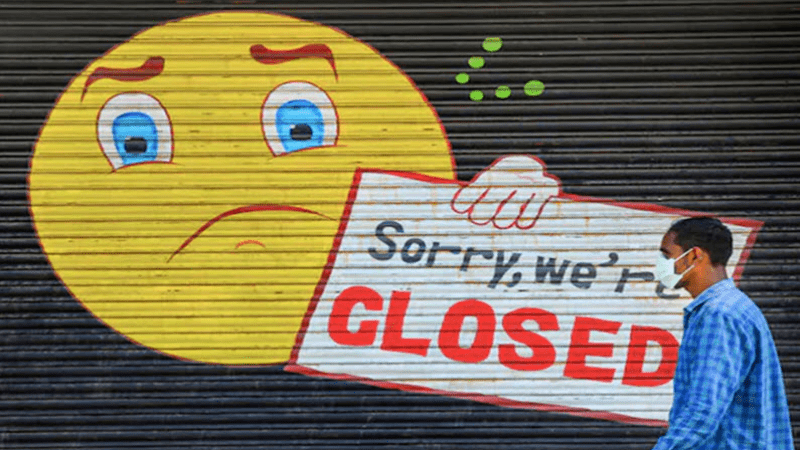

























Add Comment